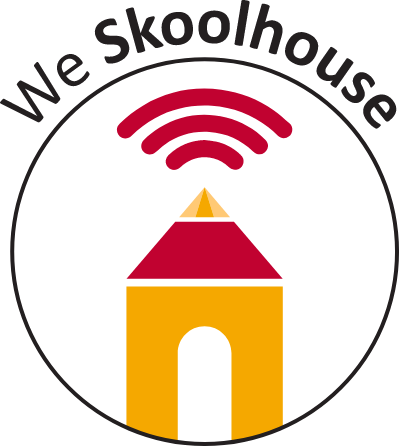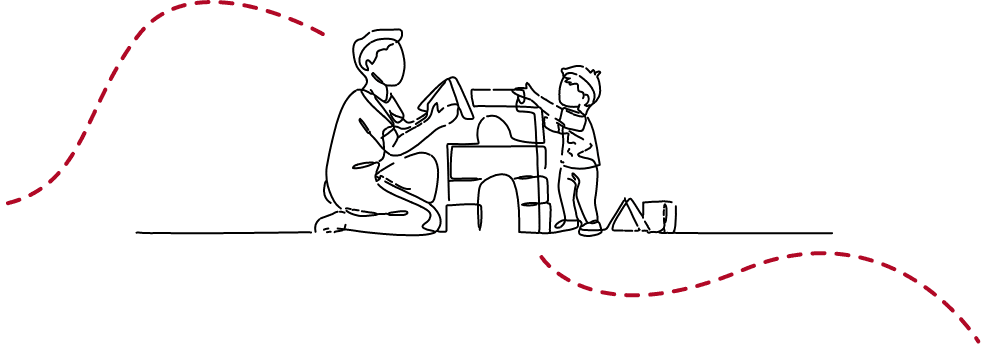Reggio Emilia is a city located in northern Italy, it is known for its innovative approach
to early childhood education (also known as
the Reggio Emilia philosophy or approach).
The Reggio Emilia philosophy was created
by a teacher called Loris Malaguzzi to help
rebuild the town of Reggio Emilia which
was destroyed during World War II. He
believed to rebuild society children must
come first (Malaguzzi, 1963).
This educational philosophy is based on the
idea that children are competent, full of
intelligence and wonder. That children have
the innate ability to learn and create thus
allowing them to participate actively in their
learning. This approach emphasizes the
importance of collaboration between the
child, caregivers, teachers and the
community. The concept of a “hundred
languages” was pioneered by this philosophy
(Edwards, 1993). The hundred languages
refer to the belief that children share through
many mediums of expression not just
language or written communication.
Expressions such as music, dance,
drama, storytelling, visual arts and more.
Exploring these “languages” are a key part of
the Reggio Emilia curriculum and how the
classrooms are set up to allow the children
to express their learning in varied ways.
The Reggio Emilia approach has gained
traction worldwide in part due to a 1991
Newsweek article bringing attention to the
approach. Only schools in Italy are true Reggio
schools, all other schools are considered Reggio
inspired. Today there are 1,200 individual
members (educators and advocates) of the
North American Reggio Emilia Alliance.
Organizations that use this approach in the
United States are mostly private (Hobson, 2020).
One such early childhood organization is
Manhattan Schoolhouse (sister organization of
We Skoolhouse) in New York City established in
early 2013. After much research into the prevailing early childhood philosophies such as
Montessori, Waldorf and Reggio Emilia (Edwards, 2002), Reggio Emilia was chosen by
one of the founding partners Kamila Faruki as
the optimal one for the organization. We
Skoolhouse follows the same philosophy and
curriculum.
Top five aspects of the Reggio Emilia philosophy that inspired Ms. Faruki were:
- The child at the center of learning.
- Long-term orientation through introduction of projects.
- Open-ended materials that foster creativity.
- Activities to develop critical thinking skills.
- Embracing the people and places within a community.


